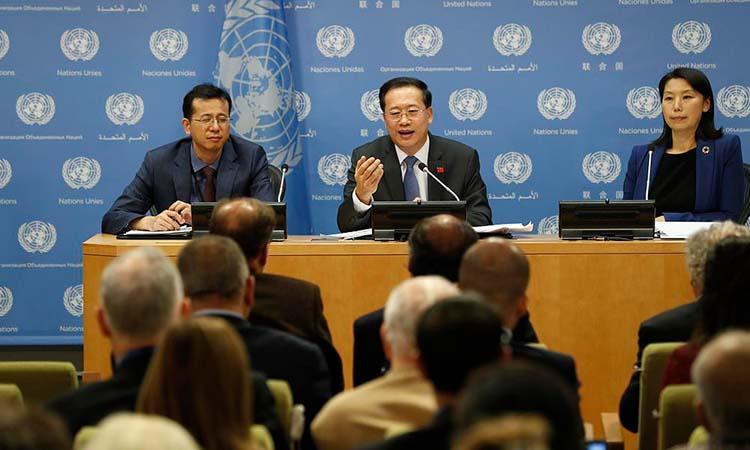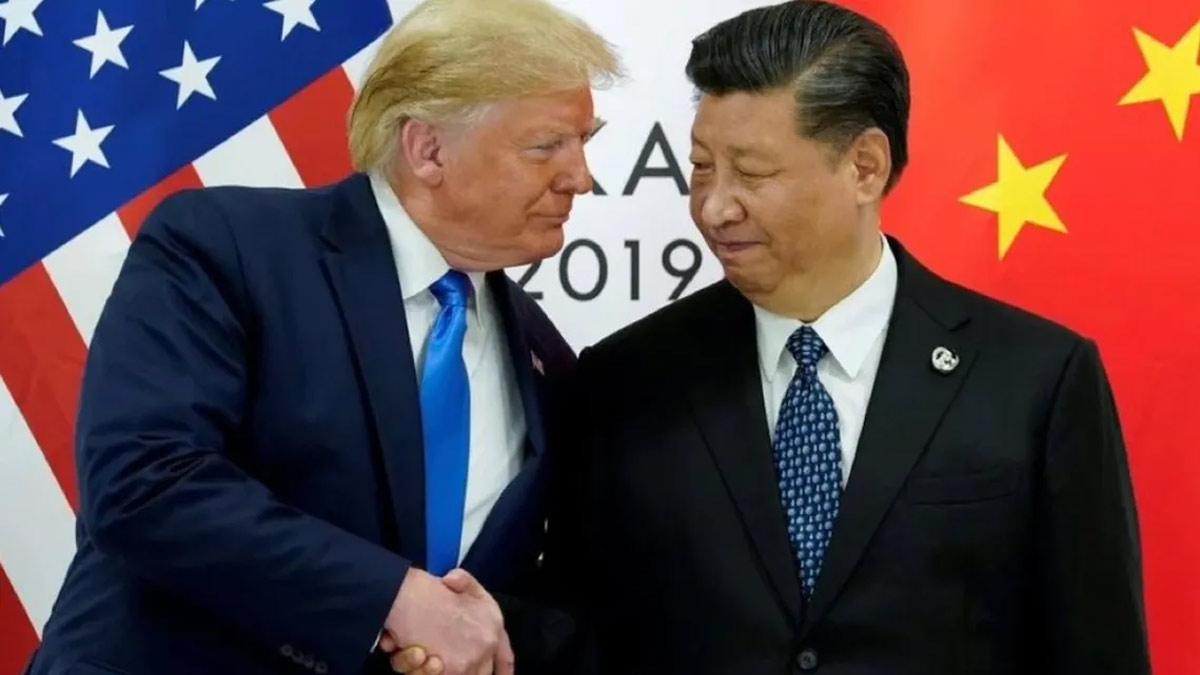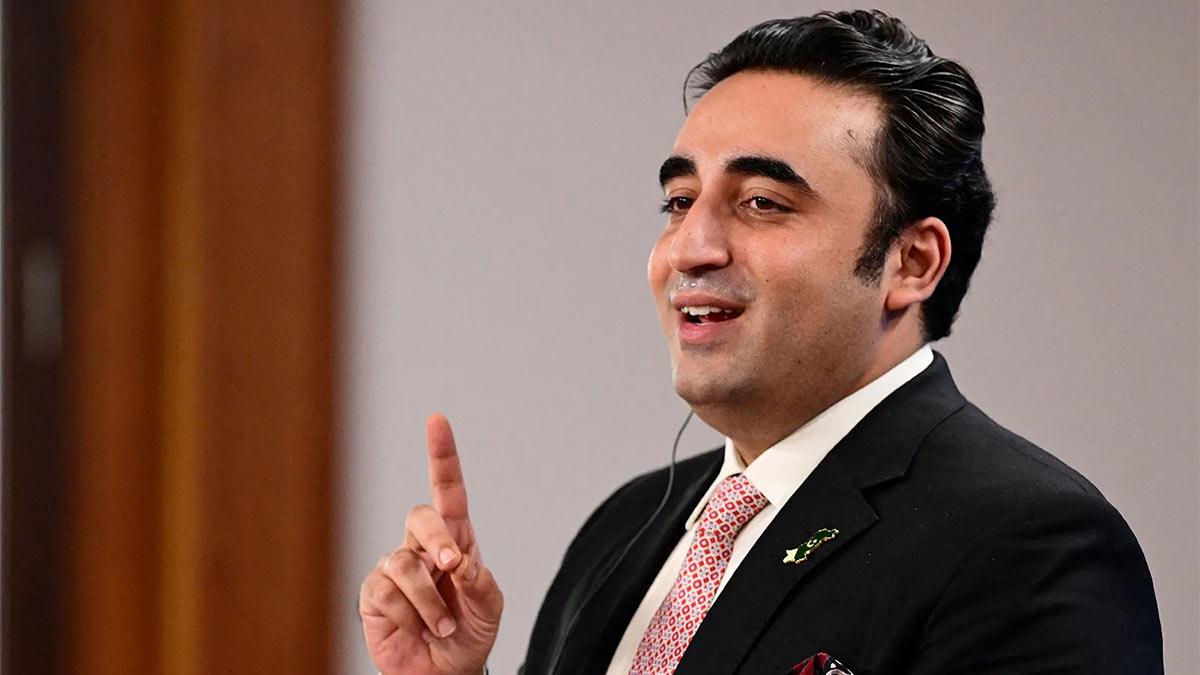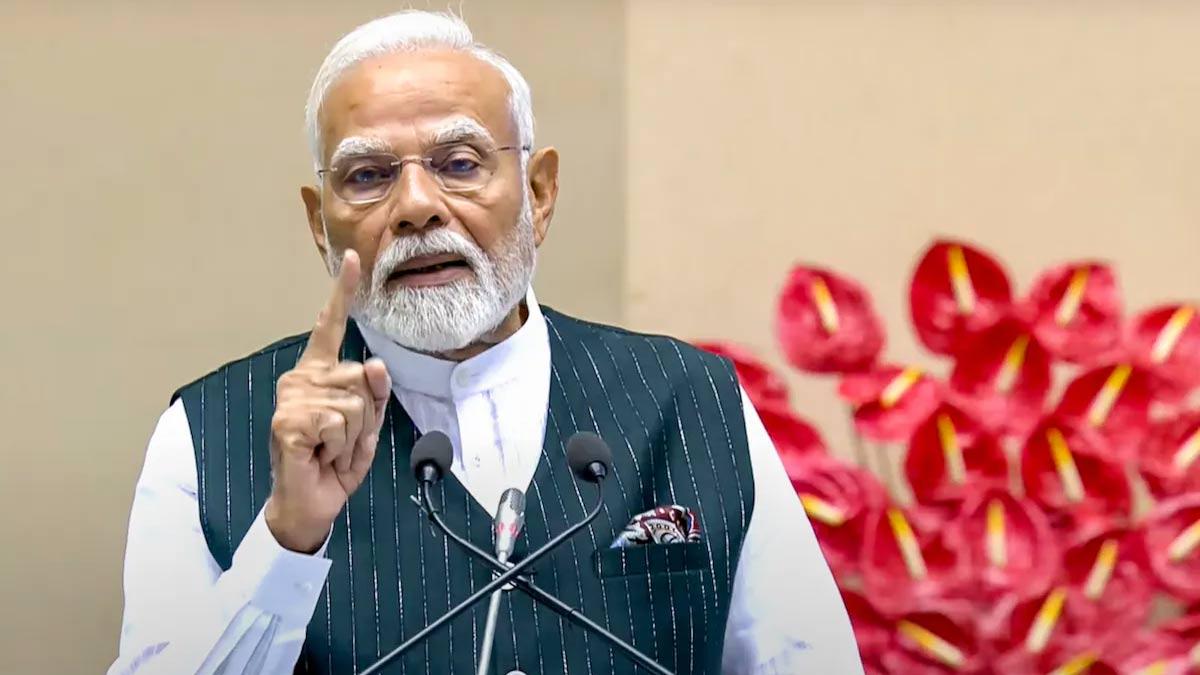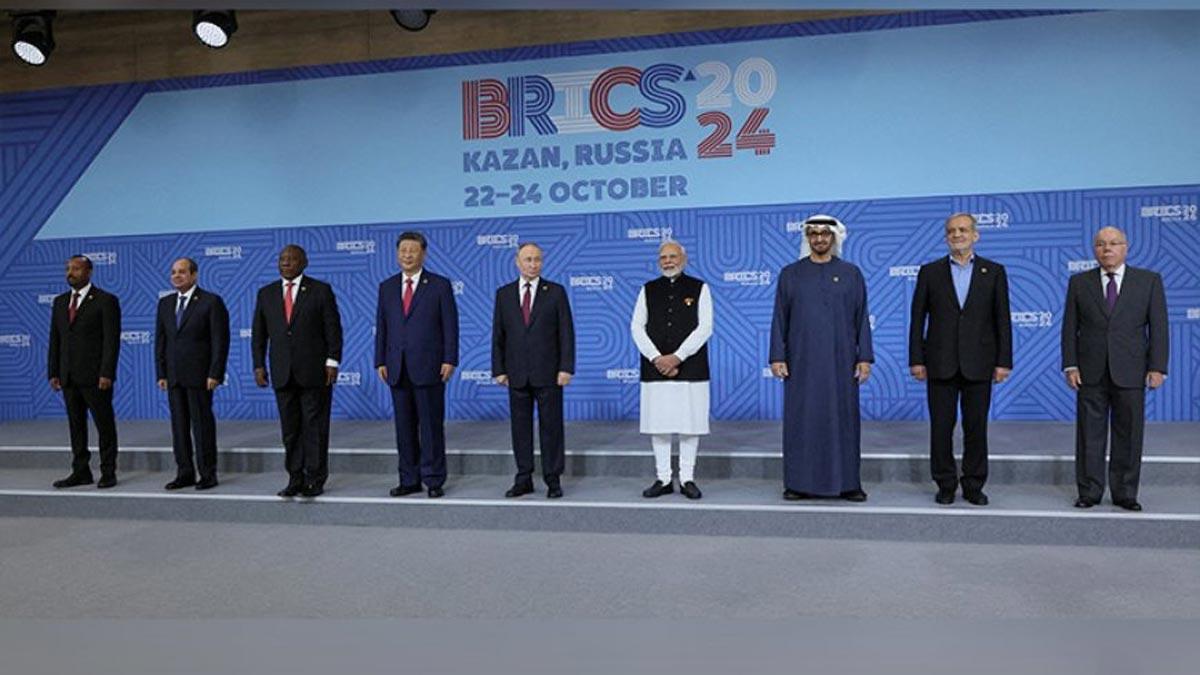China on Thursday proposed that the Taliban leaders must be given 180 days of travel exemption, as opposed to the regular 90 days. All of the 15 Security Council members including Russia rejected Beijing’s proposal.
China made the 180-days extension request to the Indian-headed UNSC committee and insisted on its adoption, given that Beijing has openly supported the Taliban regime and even funded it earlier this month.
However, all the sitting members of the United Nations Security Council rejected the proposal and went against it, saying that the Taliban should be under monitoring in the backdrop of the Afghanistan situation, the Economic Times reported.
Earlier, the Taliban had sent a high ranking official at the United Nations General Assembly in New York, seeking legitimacy in Afghanistan. The Taliban named Mohammad Suhail Shaheen as the group's permanent representative at the UN, sending a request to the UN Secretary-General Antonio Guterres to acknowledge the same. The Taliban request would be taken up by a UN credentials committee.
The United States had also asked the UNSC to extend the travel sanctions on leading members of the Taliban, saying that the militia should be allowed to travel abroad for discussions on Afghanistan’s stability. The waiver on Taliban leaders travel was to end on September 20 and there was a request for it to be extended to December 22.
UNSC which met under India's presidency had last month adopted Resolution 2593 seeking to hold the Taliban accountable for its commitments and "demanding that Afghan territory not be used to threaten or attack any country or to shelter or train terrorists, or to plan or to finance terrorist acts" including Pakistan-based terror outfits Lashkar-e-Taiba and Jaish-e-Mohammed.
Also Read | Rich nations must deliver climate finance before COP26: Guterres
Around the time the last US soldier was exiting Kabul, the United Nations Security Council, under India’s presidency, adopted a resolution that gave de facto recognition to the Taliban as a state actor in Afghanistan.
The resolution, sponsored by France, UK and the US, was adopted with 13 members, including India, voting in favour, none against it. But permanent and veto-wielding members Russia and China abstained.
Last month, India had extended full support to the people of Afghanistan but decided against offering any financial aid to the new dispensation led by the Taliban.

